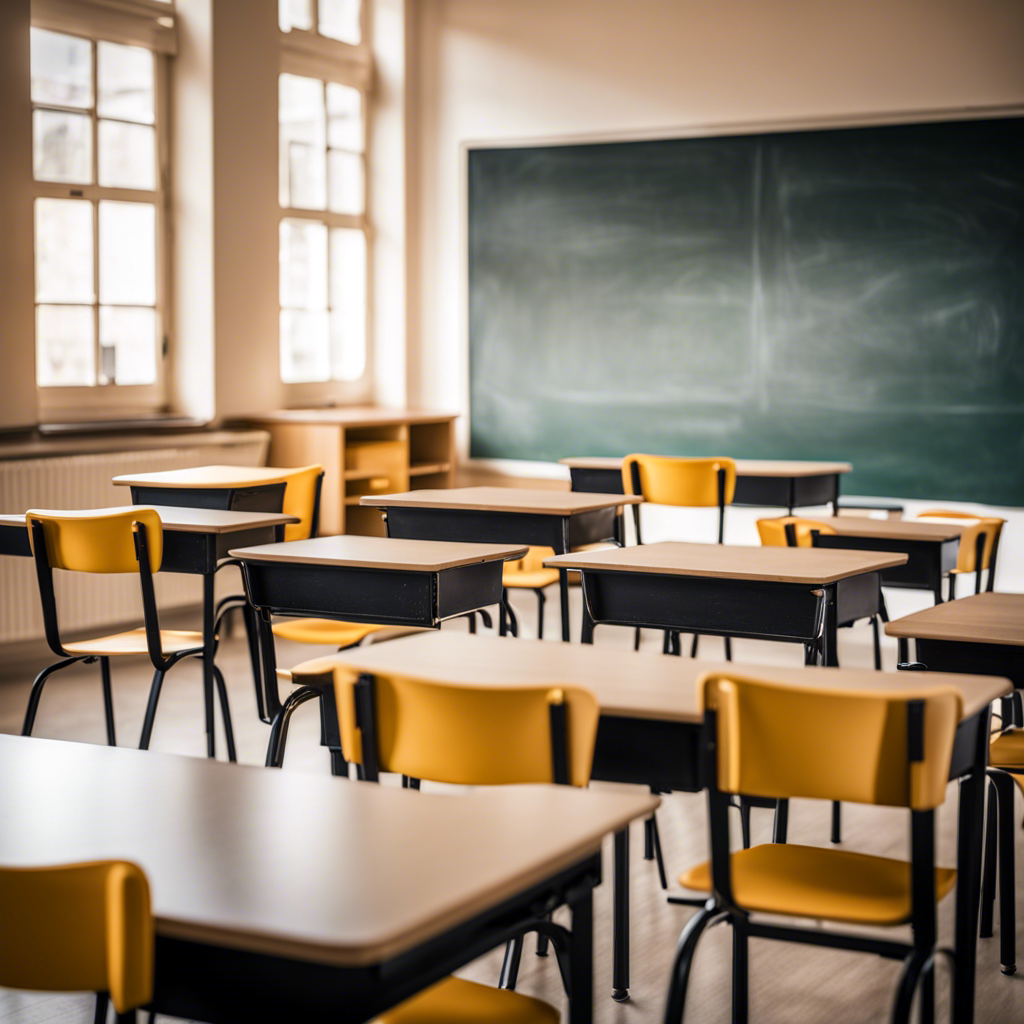There’s word that the curriculum for primary schools is set for the most significant changes in a quarter century. The question arises, what’s inadequate with the current model? Unseen since social media, algorithms, diminishing concentration spans and cultural conflicts were a novelty, the curriculum is due for a refresh, according to policymakers who aim to adjust it to better provide our children with necessary knowledge, skills, principles, attitudes, ethics and tendencies, preparing them for a future deep into the 21st century.
So, what adjustments are set to occur, precisely?
To summarise, an increased focus will be placed on acquiring foreign languages and a greater emphasis on STEM (science, technology, engineering and mathematics) as well as a wider arts curriculum, which includes dance and creative media for primary school students. Additionally, schools will place a heightened emphasis on “wellbeing”, incorporating social, personal and health education and PE, along with emphasis on social and environmental education.
These proposed alterations are part of an extensive renovation of the primary school curriculum, a subject currently open for public input. However, it should be noted this complete overhaul could take quite a few years to be fully implemented.
Doesn’t this imply other topics will have less focus given the constraints of a school day?
Indeed, the time dedicated to religious studies will be reduced from roughly two and a half hours to just two hours weekly. Moreover, Irish language studies will also be reduced by half an hour weekly in English-medium schools. Schools, in theory, can compensate for this reduction using flexible time, allowing them to focus on selected learning areas.
Regarding preparing our children for the 21st century, why there is a significant commitment to religious studies?
Legal rights to design individual religious programmes aligned with the school ethos are granted to school patrons. The decision to allocate less time to religious studies has drawn a mixed response, with some wanting religion completely excluded from school schedules and others believing it is being devalued. Policymakers maintain they are striking a fair balance.
Aren’t the alterations to sex education anticipated to further fuel cultural conflicts?
The section of the curriculum dedicated to “wellbeing” will encompass teachings about relationships, sex education, permission, diversity in family structures and the responsible use of digital technology. It is worth noting that there is no explicit mention of transgender matters. Nonetheless, pupils will begin learning about puberty at an earlier stage, in the third or fourth year, as opposed to the fifth or sixth year, due to many children commencing their school journey at an older age nowadays, thanks to the successful implementation of complimentary preschool scheme.
Turning to the domain of foreign languages, existing educators will be tasked with introducing foreign languages from the third year onwards. The approach will start with fundamental awareness of various languages, along with greetings, before transitioning to rudimentary communication by the fifth and sixth year, concentrating on spoken skills. The Education Department is predicted to offer more detailed guidance regarding the professional development aid available for instructors in the future.
Don’t miss out on our Inside Politics Podcast for the freshest discussions and assessments.
Register to receive real-time notifications and get the most relevant news, analysis and commentary sent straight to your mobile phone.
Keep up to date by following The Irish Times on WhatsApp.

